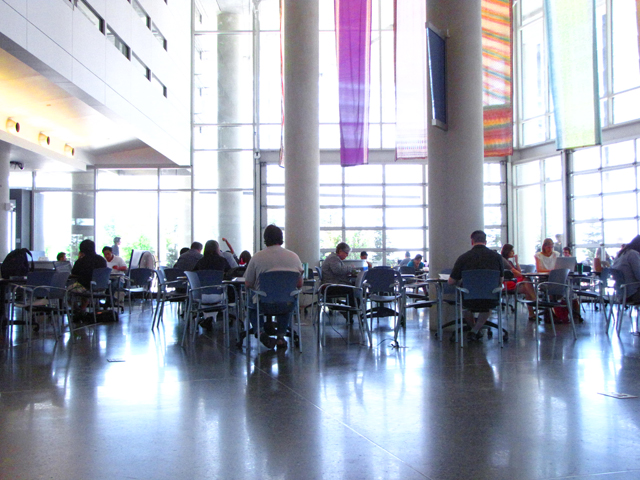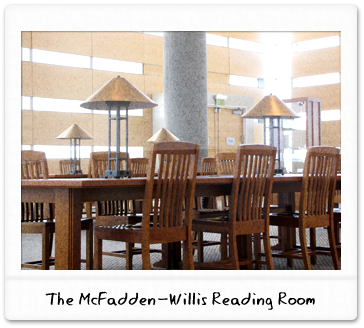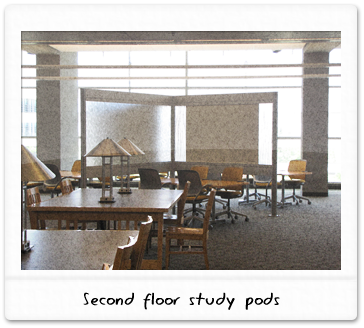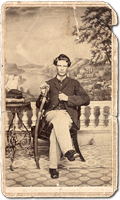The UC Merced Library opened its doors to the inaugural class of University of California, Merced students in August 2005. From the beginning, the library has been the hub of the campus and a center for innovation. From the highly social first floor Lantern with its popular café, to the elegant calm of the McFadden-Willis reading room on the fourth floor, the library building provides a variety of spaces and services to meet the needs of our campus community. The building that houses the library is officially named the Kolligian Library Building in honor Leo and Dottie Kolligian, supporters of both the campus and the library. Other major library supporters include Ed and Jeanne Kashian, the Louis P. and Doris Gonella Family, and Dr. Christine McFadden, D.V.M.



As our campus population of students, faculty, and staff grows each year, the library continues to provide them with information resources that equal those available on our older UC sister campuses. Providing access to print and online collections is one way that the UC Merced Library supports teaching and research on campus. In addition, UC Merced librarians provide individual research assistance to students, faculty, and staff via email, web pages, chat services, social media, and face-to-face consultations. The implementation of an online reservation system makes it possible to reserved collaborative workrooms with any type of digital device
The Library has placed a high emphasis on the development of digital collections that are pertinent to, or the product of, research conducted by faculty at UC Merced. Instead of purchasing physical objects to go into a limited-access special-collections room, the Library has applied its command of technology and its intellectual capital to digitizing information resources and making them freely available to the world via the World Wide Web. Early on, the Library used a grant from the federal Institute of Museum and Library Services to create hundreds of digitized images of unique works of Japanese art belonging to the Ruth and Sherman Lee Institute for Japanese Art at the Clark Center in Hanford, California. High quality images of these artworks, enhanced with searchable metadata, are available to anyone with an internet connection.
In collaboration with UC Merced faculty member Kathleen Hull and the Malki Museum in Banning, CA, the UC Merced Library digitized the complete run of the Journal of California Anthropology, the only journal entirely devoted to California anthropology. Difficult to access in its print form, the digitized version of Journal of California Anthropology is now freely available through the California Digital Library's eScholarship Repository.
In 2011, the Library digitized the diaries of Union Army soldier Henry O. Nightingale (photo below). Nightingale's diary contains a first-hand account of Abraham Lincoln's assassination at Ford's Theatre.

Currently the library is involved in a number of digitization projects focused on the Central Valley and driven by UC Merced faculty interest in the lands and peoples of the region. As they are complete, these digitization projects will serve both to preserve information about the Central Valley while also making it freely available to the world at large.
Only the passage of time will tell to what extent the UC Merced Library will have achieved its goal of leading research libraries into the new century. It is likely that the record will be one of success mixed with failure, as predicting the future is a difficult game at best. Still, it seems only right that the library of the first research university of the Twenty-First Century should, like the young campus it serves, start with its eye on the future instead of the past, taking the risky path of leading the way instead of the safer one of following behind. To have to goal not of being what research libraries are, but of what they will be.

News Articles
"First LEED-certified campus naturally puts users first"
A customer story on the University of California, Merced by Steelcase Inc.
Read more on those individuals who have been influential in shaping the Kolligian Library.

